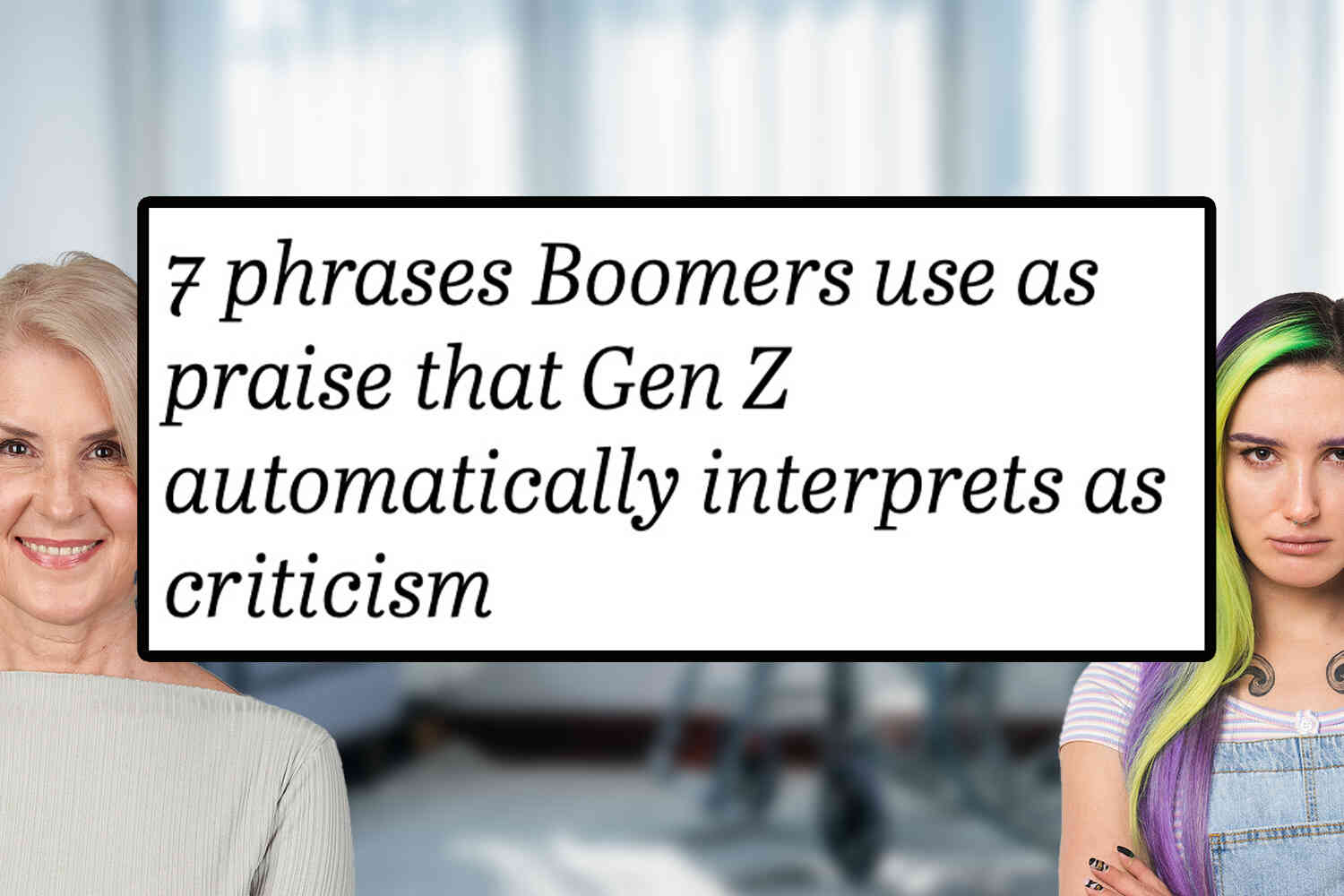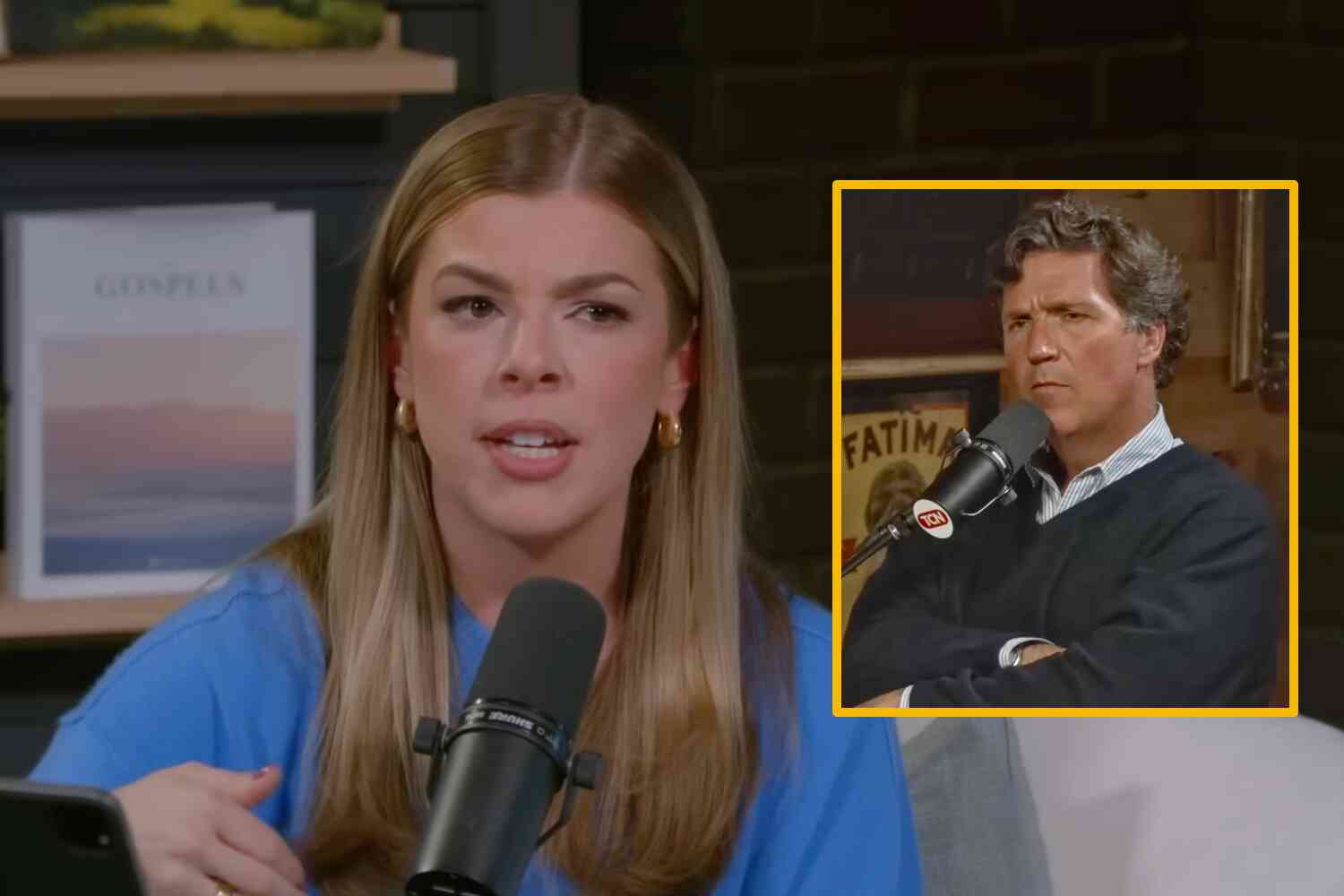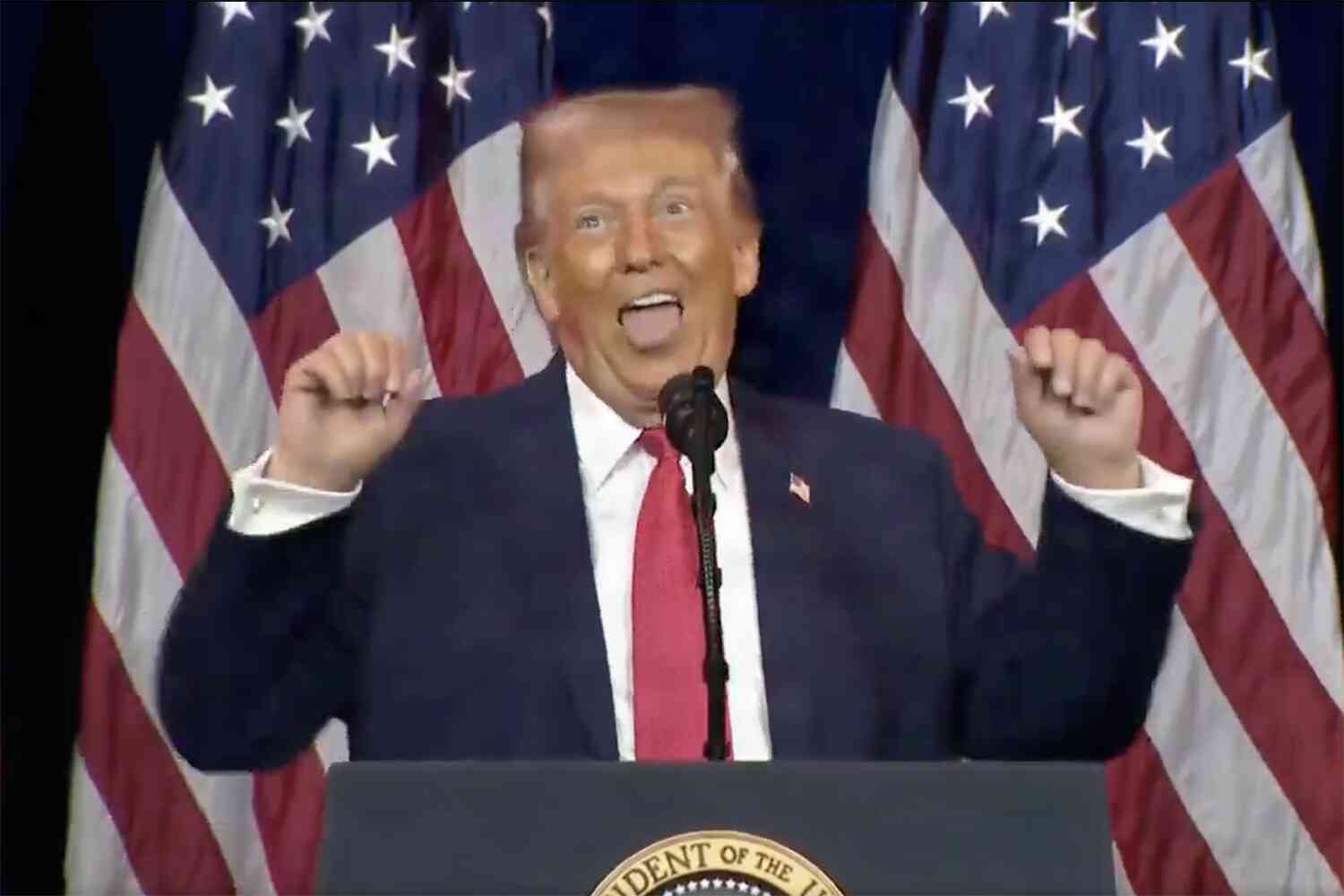Nothing to see here, really. I'm not even sure why I'm bothering to report on it. Very few other news outlets seemed to think it important to note a doubling in the inflation forecast including Fox Business, CNBC, and Marketwatch, and if they don't think it's important to talk about it, why should I?
Well, the Wall Street Journal noted it, so I guess it's worth a look.
The Office of Management and Budget said it expects consumer prices will rise 4.8% in the fourth quarter from a year earlier, up sharply from the 2% rise that the Biden administration forecast in May.
Forecasting is hard, and the forecast of a 2% rise was made three whole months ago. Three months! You have to expect that they're going to be off by a few tenths of a point (or maybe 28).
Besides, it will be fine later.
Officials see those price pressures quickly abating next year...
See, "officials" see those price pressures quickly abating next year, the same ones who were off by 140% over the course of three months, but I don't think we're supposed to think about that.

Oh, and those inflation forecasts for next year? They raised those, too.
...with the consumer-price index rising 2.5% in the fourth quarter of 2022, more than the 2.1% they expected in May, and reaching 2.3% in 2023.

Oh, sure, there are some naysayers out there who fret and worry.
But those guys are using things like "data."
Earlier Friday morning, the Commerce Department reported that the Fed's preferred inflation gauge, the personal consumption expenditures price index, had expanded by 3.6% from a year ago, the fastest pace in about 30 years.
Thirty shmirty. Fed Chairman Jerome Powell assures us things will be just fine, and he has the track record to prove it.
The Federal Reserve employs hundreds of economists whose job is assessing the American economy. So it is remarkable that the Fed is so wrong so often in its economic forecasts. The latest big miss has been its failure to anticipate this year's surge in consumer prices.
They're not "wrong," it's just that reality did not match their models.
Why, you could argue that it's reality that got it wrong.
Do better, reality.
Fed Chairman Jerome Powell conceded at his press conference Wednesday that prices had caught the central bank by surprise, but he showed no particular concern.
Good. The last thing you want is for your Fed chairman to be concerned. It's not good for the heart.
Let's compare actual inflation with the Fed's forecasts.
Note that through December 2020 Fed officials assumed PCE inflation this year of 1.8%. By March they had bumped that up to 2.4% as price pressures were already being felt. In June the median had climbed to 3.4%.
Okay, so that's not as bad as it...
Yet even that catch-up drill underestimated the price surge. The PCE index had already climbed 3.6% in April from a year ago and 3.9% in May; the June figure will be out Friday.
See, June was probably okay. Give me a sec here to look it up...
Stripping out volatile food and energy prices, the core CPI rose 4.5%, the sharpest move for that measure since September 1991 and well above the estimate of 3.8%.
On a monthly basis, headline and core prices rose 0.9% against 0.5% estimates.

July saw a similar increase.
Remember, it's all completely transitory. We have been reliably told that their one and two-year forecasts show inflation abating while their one and two-month forecasts are off by between 20% to 140%.

Sure, there are those who have begun raising alarms, and Powell is taking that into consideration.
Federal Reserve Chairman Jerome Powell revealed on Friday that he was one of the majority of Fed officials who believe the central bank can "taper" or slow down the pace of its bond purchases this year.
He is on top of this.
Powell was careful not to discuss when the Fed might formally announce the taper.
He is thinking about being on top of this.

P.S. Now check out our latest video 👇









